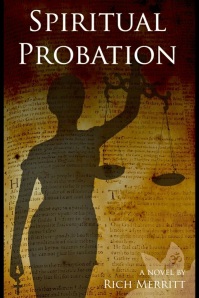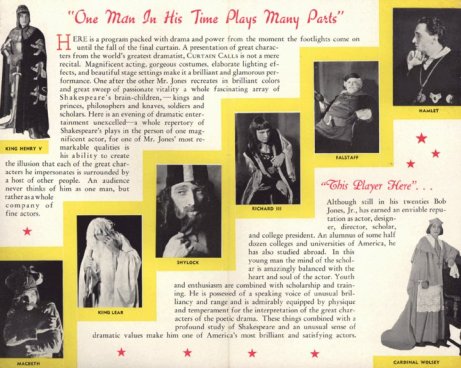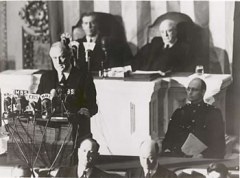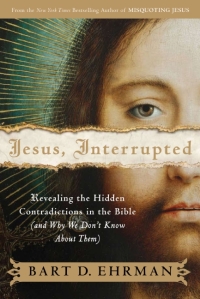
This book is for you if:
-You know little or nothing about the fundamentalist movement in America but you want to understand why it has become such a prominent force in our government;
-You are concerned or curious about the problem of religious abuse and spiritual bullying that takes place in fundamentalist churches and schools;
-You are still part of the fundamentalist movement but you have doubts, questions or concerns; or
-You want to be moved by reading a good story that will make you laugh, cry and become angry.
Spiritual Probation is available in paperback, Kindle, Nook and iBook, and soon it will be in other ebook formats. Although it is fiction, the story is loosely based on the events surrounding the federal lawsuit of Baker v. Bob Jones University. It is ultimately one young man’s survival of religious abuse, a form of bullying that receives little attention.
What is it about?
Nate O’Connor wants to do right. His senior year of college, though, gets off to a rocky start. He’s a student at Bob Johnson University, the flagship institution of higher learning in American fundamentalism, where he and his best friend are placed on spiritual probation after being accused of disloyalty to the school. Their attempt to repair their reputation backfires and when Nate meets two women–one beautiful and smart, the other wise and charming–his entire belief system is uprooted. Nate’s world is further rocked by tragedy and his life will never be the same.
What are people saying about it?
“Setting his tale inside the closed society of a fundamentalist university, Rich Merritt tells a fascinating story that is alternately disturbing and inspiring. Spiritual Probation opened my eyes and touched my heart.
–Joe DiPietro, Tony-Award winning playwright of Memphis
“In every decade, a true classic emerges, which demonstrates the strength of the human will to conquer and survive the ills of its society. Merritt has written such a work in this coming-of-age story of courage and conviction in a world that is perceptively lacking in empathy and compassion for the individual spirit and soul. A poignant ‘must read’ for such present times, which is so heavily burdened with the painful effects of emotional bullying and spiritual abuse, so currently at the forefront of daily life.”
–Lynda Mandell, M.D., Ph.D., Board Certified Psychiatrist
“For those of us who have left fundamentalism, our exodus stories are often met with a caveat-emptor-inspired ‘You chose to go there!’ or a flippant ‘You should have known better!’ Merritt’s Spiritual Probation meets those consumerist dismissals head on. Merritt’s is a very human story–with bright, promising young people caught in an oppressive, intrusive ideology and thrown into the most senseless tragedy. … This story is our story.”
–Camille K. Lewis, Ph.D., author of Romancing the Difference: Kenneth Burke, Bob Jones University, and the Rhetoric of Religious Fundamentalism
Read Dr. Lewis’s complete review at her blog, “A Time To Laugh.”
“Rich Merritt’s assault on the malign effects of religious indoctrination at faith-based schools combines high drama, hot romance and the pathos of families victimized by name-brand Christianity.”
–Elliott Mackle, author of Captain Harding’s Six-Day War and It Takes Two
“Mr. Merritt’s writing is brilliant. His use of certain books of the Bible as chapter names brings home some of the ironies. His subtle cues of timeframes (e.g., songs that may not be familiar to younger readers) may not be immediately appreciated, but like any good book, a second reading brings even more details to the reader’s attention. … The story is painful, yet beautiful. The reader will enjoy the friendship, love, and devotion shown by the principal characters and will despise the treachery, viciousness, and power-mongering demonstrated by the antagonists. Most of all, the reader will be reminded of what it’s like to be alive, young, and on the path to discovery of what matters.”
–Leland Dirks, author of Jimmy Mender and His Miracle Dog













